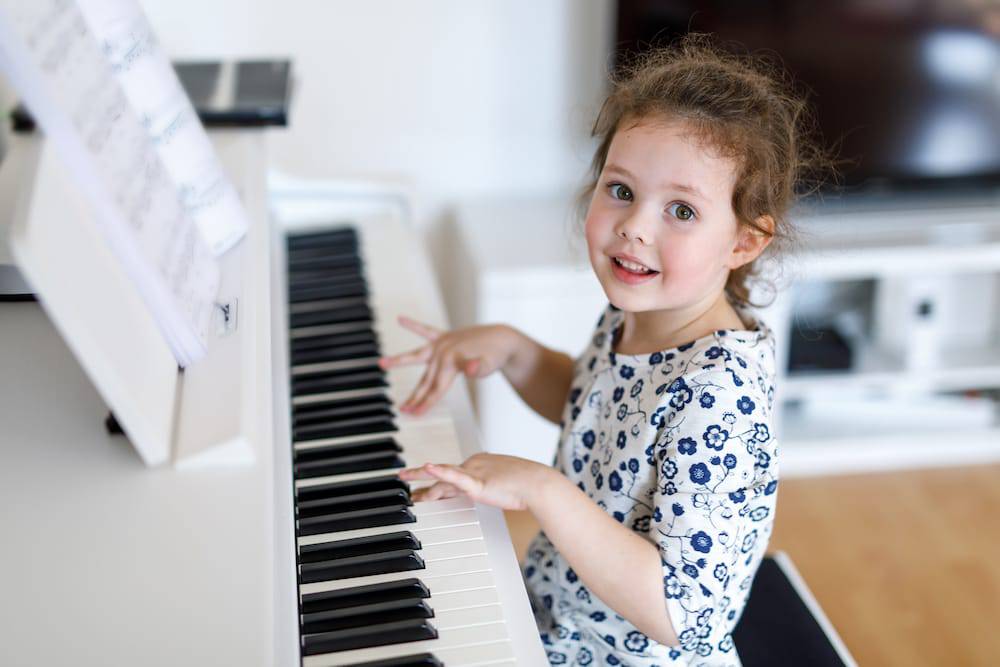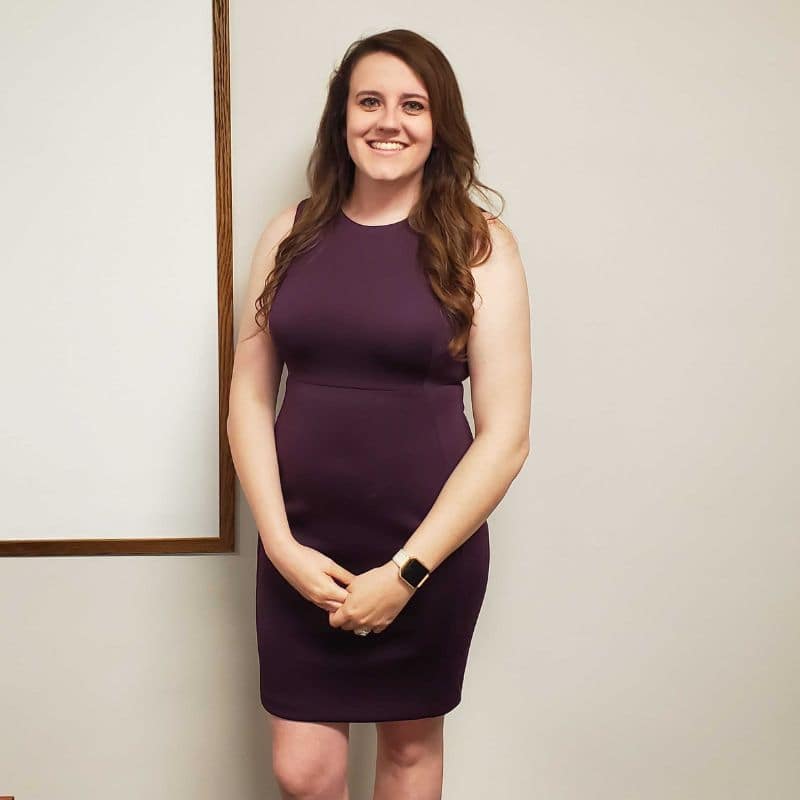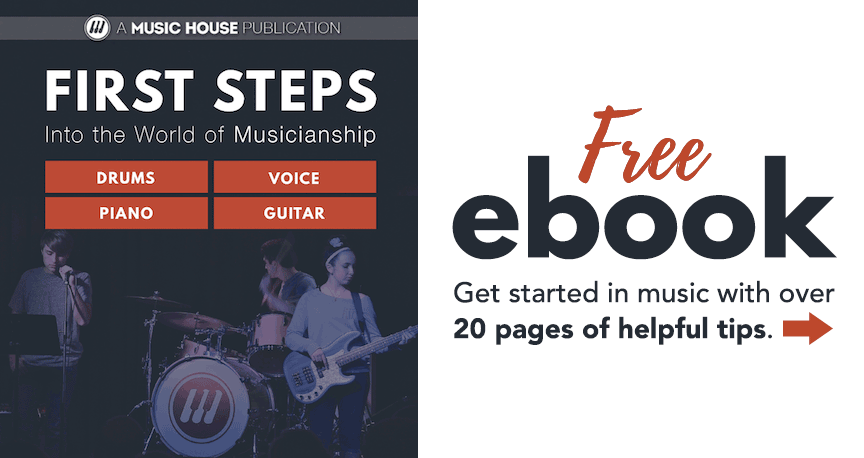Is Your Child Struggling to Learn the Piano? 7 Tips That Could Help

One of the greatest things you can give your child is the gift of music. By starting them on face to face or virtual piano lessons at an early age, you are setting them up to be successful in their musical journey. The piano is a great foundational instrument that can help your child learn many different areas and aspects of music. However, roadblocks are bound to pop up regardless of ability or talent. When this happens, it’s best to take action to avoid burnout or frustration.
This might leave you wondering about what your options are. What can you do to keep your child motivated and focused, especially at such a young age? Today, our team here at Music House has compiled a list of tips that could be quite helpful!
Tip #1: Find the right teacher.
Just because someone is good at playing the piano doesn’t mean that they would be good at teaching it. Finding the right teacher for your child is all about connecting with someone who is passionate about music education, enjoys helping students through roadblocks, and will approach each lesson with enthusiasm and a positive attitude. Children need an additional layer of support, patience, and encouragement to power through any obstacles they might encounter.
Here at Music House, we pride ourselves on having an incredible team of instructors. Each individual brings their own knowledge and unique skill set to the table. This allows us to better help a wide age range of students, from early childhood education all the way to high school, college, and beyond!
Tip #2: Keep expectations realistic.
If there is one thing that can negatively impact a student’s ability to learn an instrument, it’s the added pressure from family or loved ones. It is best to remember that not every child is going to be a prodigy, and that’s okay! Sometimes adults forget just how hard it is to be a child constantly going through changes and developmentsboth mentally and physically. All of this, plus learning something new, can be exhausting! Try your best to be patient and understanding all while helping your child to set realistic yet worthwhile goals.
Tip #3: Practice with your child.
If your child is under the age of 10, they probably won’t be able to practice piano on their own, at least not for more than a few minutes. If you want your child to get the most out of their piano practice, that means you will need to monitor their progress and make sure they practice good piano playing habits. Younger children can easily get sidetracked or lose focus on the lesson if they don’t have someone to redirect them. It is no secret that children thrive best with routines, so make sure you keep a consistent at home practice schedule.

Tip #4: Let your child be creative.
When taking face to face or virtual piano lessons, one of the first things that the instructor will stress is the importance of letting your child be creative. Sure, following the rule book and playing music as it’s written can set up a firm foundation for the instrument. However, playing the piano is also supposed to be fun. There is so much music out there to explore and play! Make sure to allot time out of every practice session for a little creativity and fun. Your child will certainly appreciate it!
Tip #5: Host family recitals.
For many musicians, one of their favorite parts about playing is getting the chance to perform for an audience. Depending on the age of your child, this doesn’t have to be anything formal. Simply invite over family and friends once a month or so for a planned recital. This will give your child the opportunity to play for familiar faces and get exposure to performing. Even a short 20 minute recital can go a long way in boosting your child’s confidence and encourage them to keep going!
Tip #6: Create a reward system.
Learning something new can be extremely difficult. If you fumble or make mistakes, it can be very discouraging. This is especially true for young children. While they are eager to learn, emotions can get in the way and make them feel like throwing in the towel. That is why it is important to set up a reward system! Children thrive when being offered incentives for their hard work.
What this looks like for your child is completely up to you! Each kid is different and would appreciate different types of rewards. For example, maybe they get excited at the idea of a trip to get ice cream or to the supermarket to pick out a toy after reaching a goal. Other children might be thrilled to get more video game time for staying on task during their practice. Whatever works best for you is all that matters!
Tip #7: Know when it’s time to take a break.
One guaranteed way that your child can become burnt out on playing the piano is to not know when to step away and take a break. Learning an instrument can be exhausting work, both physically and mentally. If you are finding that your child is practicing and keeps making mistakes to the point they are approaching a meltdown, it’s okay to close the lid and call it a day. There will be instances when things just don’t mesh. Maybe your child is tired, hungry, or just has had a long day at school. Encourage them to communicate their needs and be respectful and listen. By forcing them to play when they are in the wrong mindset and in need of a break, this could lead to them walking away from the instrument altogether.
Piano Lessons at Music House
Learning the piano can be extremely rewarding for children of all ages. While it certainly won’t be an easy feat, following these tips can help! Remember to be patient, encourage communication, and overall, just be an encouraging support system for your child. You want the piano to be a positive experience for all parties involved.
If you haven’t considered signing your child up for face to face or virtual piano lessons, now is your chance! Reach out to our Music House team and discuss options for your child today. We look forward to helping them reach their goals and cultivate their musical talent.

